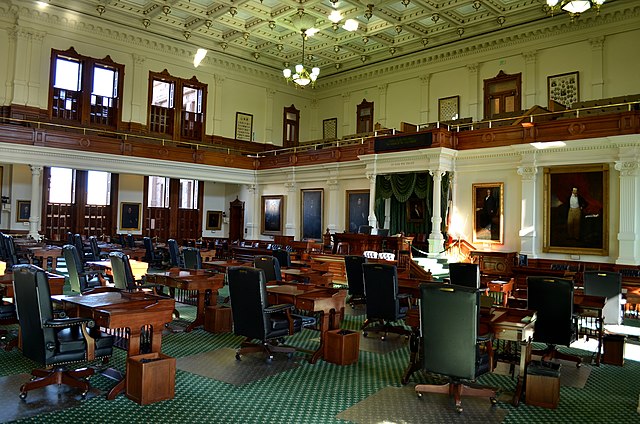
The first bill passed by the Texas Senate seeks to clear up confusion about reporting juvenile mental health hospitalization records to the FBI’s National Instant Criminal Background Check System. According to the new law, “Texas courts will be required to share involuntary mental health hospitalization records for juveniles 16 and older with the Texas Department of Public Safety.” The law was written by Senator Joan Huffman (R-Houston) and has passed the Texas Senate, ready to be signed by the Governor.
In 2009, the Texas Legislature passed a law to report court-ordered mental health hospitalizations for Texans of all ages to the FBI National Instant Criminal Background Check System (NICS). The local courts are to report these records to the Texas Department of Public Safety, which then reports it to the FBI’s NICS. Gun sellers then look at this database before selling firearms to somebody. So if someone has a history of mental illness, gun sellers know not to sell them a firearm.
However, in a report by ProPublica and Texas Tribune, it has been discovered that local courts in Texas have not been reporting the court-ordered mental health hospitalizations of juveniles. The report found the issue stemmed from dysfunctional reporting because of the vagueness of the law and conflicts with other state laws.
Juvenile records are strictly controlled and there are penalties for people who release them unlawfully. So they are closely guarded. There are also instances where certain situations do not get reported because the mental health commitment is not court-ordered.
“Juvenile officials say that in many cases juveniles end up in inpatient treatment not through a judge’s order, but via treatment plans agreed to by mental health professionals working on their cases,” wrote ProPublica. Judges that were interviewed for this investigation said that they interpreted the law as addressing “only the mental health commitments of juveniles already in lockup, not those first entering the system.”
The new bill passed by the Texas Senate seeks to cover the gaps in light of this report, making it clear that local courts must report juvenile mental health commitments to Texas DPS, who then reports them to the FBI.